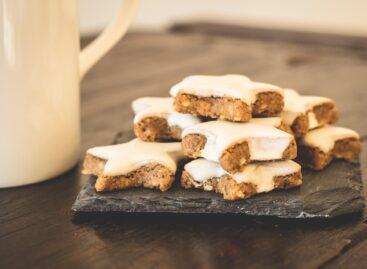Contrasts under the Caribbean sun
Guadeloupe is an island in the Caribbean sea with an area of 1700 square kilometres and a population of 420 thousand. It is not a well known holiday destination for Hungarians. Not many people speak English, as it is an overseas county of France and it is quite expensive for tourists. For example, the price of litre of Granini fruit juice is EUR 2,5 in a local supermarket, which is one Euro more than in Western Europe. Roads are perfect, streets are safe, the environment is beautiful and beaches are clean. 80 per cent of the population is of African origin brought here as slaves in the 17th and 18th centuries. The island is not self-sufficient. Everything is imported apart from rum and fruits. Locals are friendly and helpful and you should not get too upset if they forget about your mineral water in a restaurant. Real estate near the beaches costs HUF per square meter and modest size house can cost HUF 250 million. Celebrities like captain Cousteau, Coluche and others have houses here. Locals often live is shacks of no more than 20 square meters with heaps of litter around them. What is surprising is that expensive cars can often be seen in front of these shacks, as cars are even more of a status symbol than in Hungary. What is more, even the preceding three generations of cars covered with tropical vegetation are also visible around these shacks, revealing something about they way locals regard eternity. Since everybody has a car, families go once a week or once a month to one of the four hyper markets on the island to do their shopping. The two Carrefour stores are the most beautiful stores on the island. There are hardly any local products apart from rum and exotic fruits, though 200 small stores and various event like fashion shows are also accommodated by the hyper market. The other local hyper market, Cora is quite old and has outrageous prices, but at least it is not very crowded, as practically nobody goes there. There are Match stores as well, which do not have many customers either. All big stores are franchises, owned by locals. There are huge banana plantations on the island. My French friend warned me to eat the small ones and leave the larger ones, because those are less tasty and intended for export or the swine farms. A kilogram of bananas cost 2 Euro in Cora, which explains why there was a war between Germany and France over banana subsidies. The island is famous for its 3000 “lolos”, the local, independent groceries, which help to supply locals in the evenings or during the weekends. They are small, a little smelly and very expensive. They have two secrets: one is that they sell everything in addition to food, the other is that credit is available.
Related news
Related news
Eckes-Granini acquires fruit juice concentrate producer in Germany
Eckes-Granini, one of Europe’s leading juice producers, has acquired Wolfgang…
Read more >The latest issue of Trade magazine is out now!
This time the digital version has been extended to 192…
Read more >After a subdued year, the holiday season is strong
74% of online shoppers, around 3.1 million people, are preparing…
Read more >





